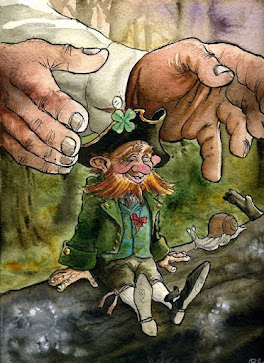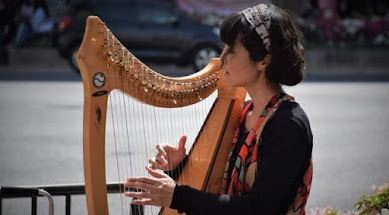The impact of Saint Patrick's Day on Irish-American identity
The celebration of Saint Patrick's Day has had a significant impact on Irish-American identity. The occasion to commemorate Irish ancestry and forge roots is one that many Irish-Americans take advantage of on this holiday.
Saint Patrick's Day has grown to be a widely observed holiday in the United States, and parades, festivals, and other celebrations are held to recognize the occasion. These events are frequently organized by Irish-American groups and incorporate Irish cultural emblems like the green shamrock and the Irish flag.
The origins of Saint Patrick's Day are strongly related to the history of Irish immigration to the United States. Saint Patrick's Day gave Irish immigrants a chance to stay connected to and maintain their cultural identity throughout the early years of Irish immigration. They used it as a means of demonstrating their Irish heritage and claiming their rightful position in American culture.
Saint Patrick's Day has grown to be a significant occasion for Irish Americans to honor their ancestors and carry on their customs to younger generations. On this day, Irish-Americans are recognized for their contributions to society and for the challenges and tribulations they endured as early immigrants to the United States.
The political and social identities of Irish Americans have been influenced by Saint Patrick's Day. Throughout the early years of Irish immigration, many Irish-Americans experienced prejudice and discrimination. Celebrations of Saint Patrick's Day evolved become a vehicle for Irish Americans to claim their position in American culture and call for equal treatment and acknowledgment.
Last but not least, Saint Patrick's Day has had a significant influence on Irish-American identity. It's a celebration that has aided Irish Americans in maintaining their cultural history, claiming their identity in American society, and passing along their customs to younger generations. Saint Patrick's Day is still a significant occasion for celebration and remembering for Irish Americans in the present.




Comments
Post a Comment